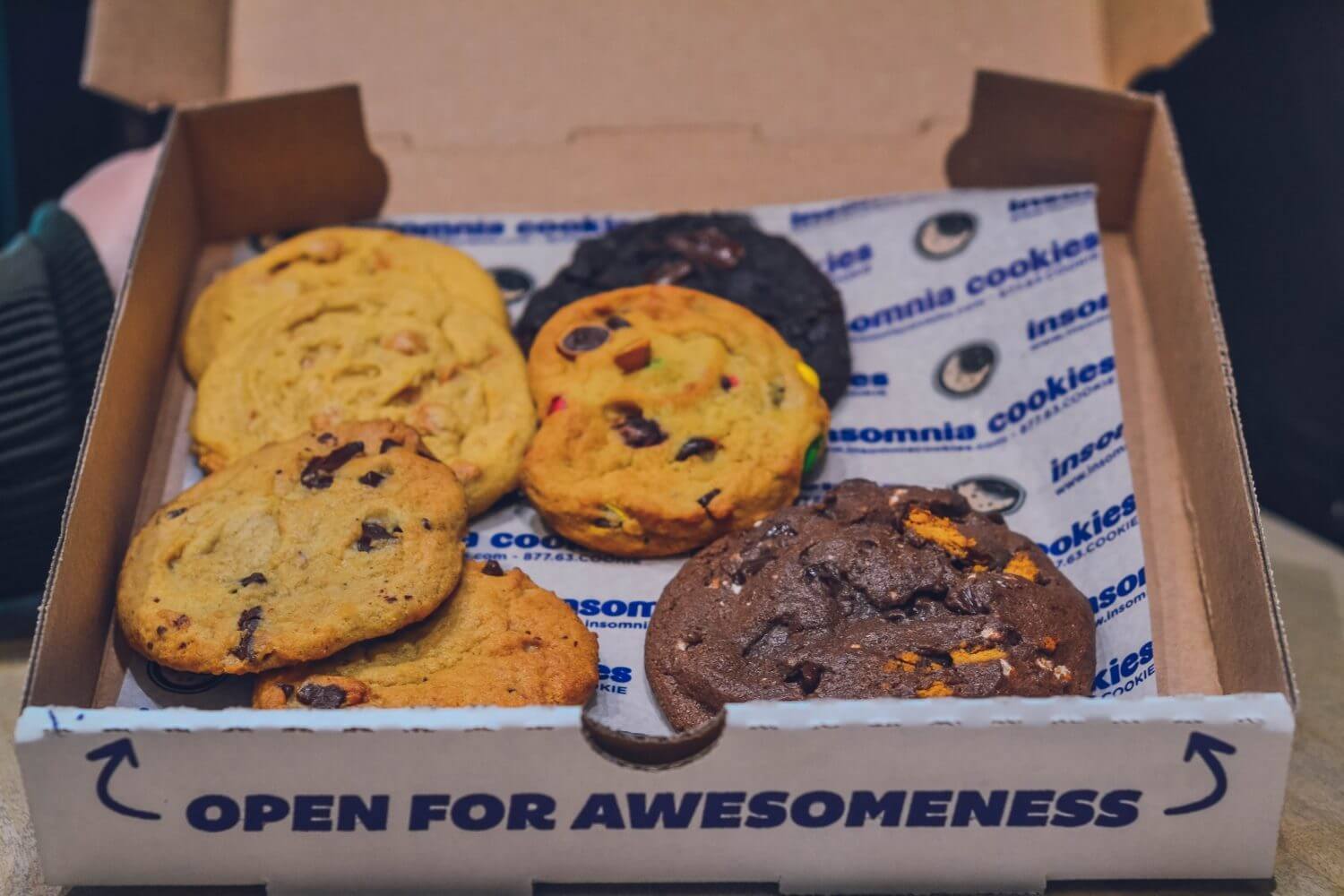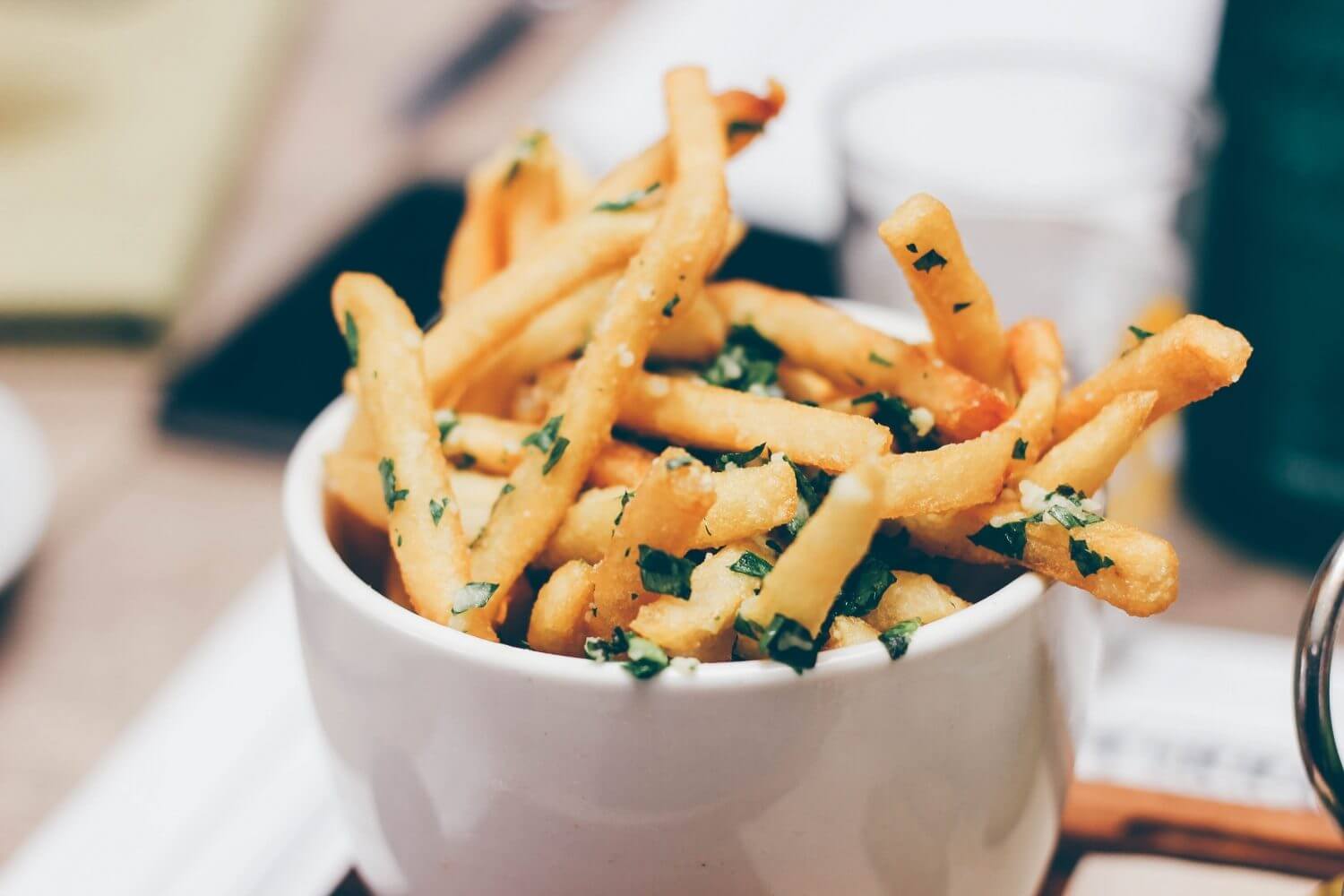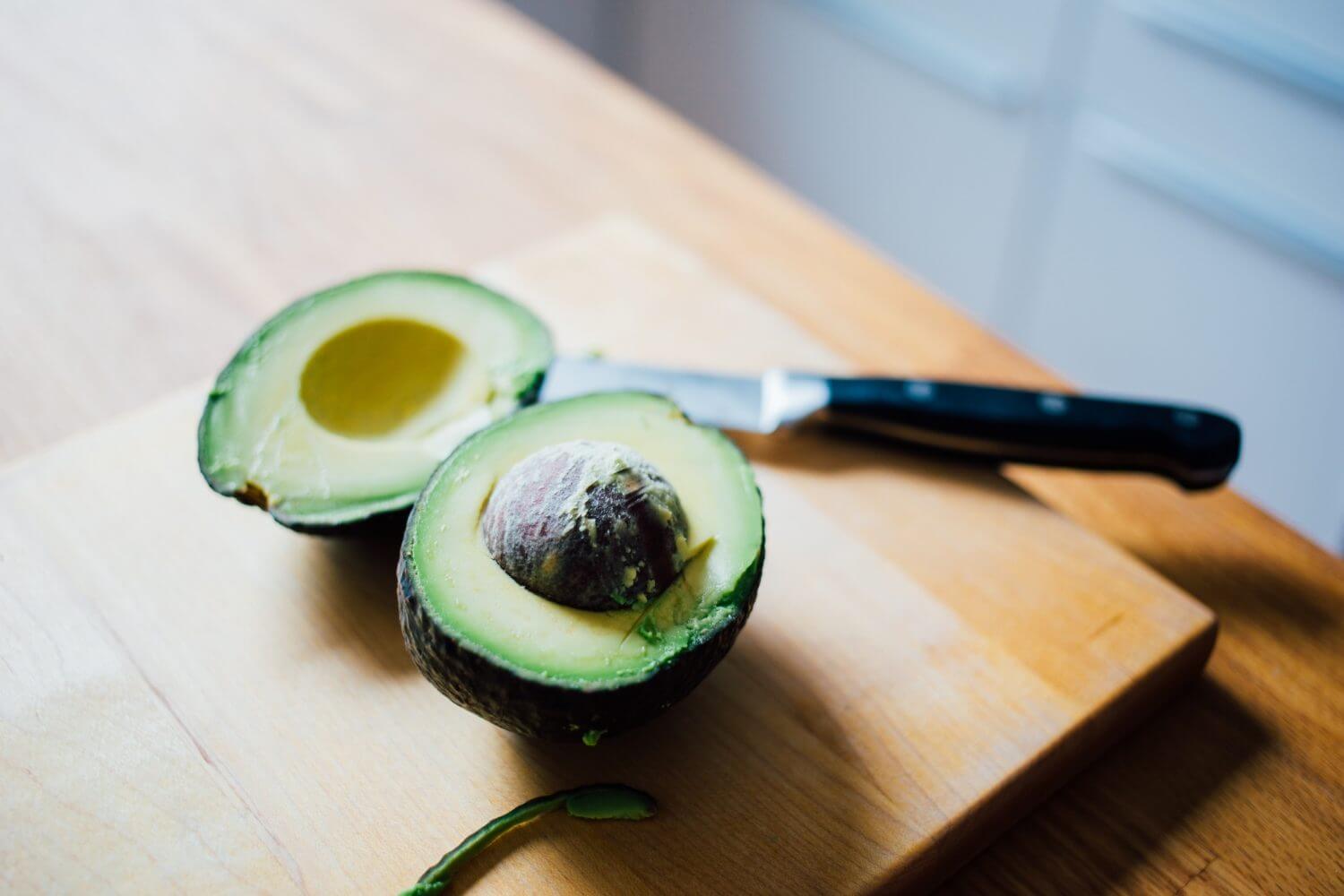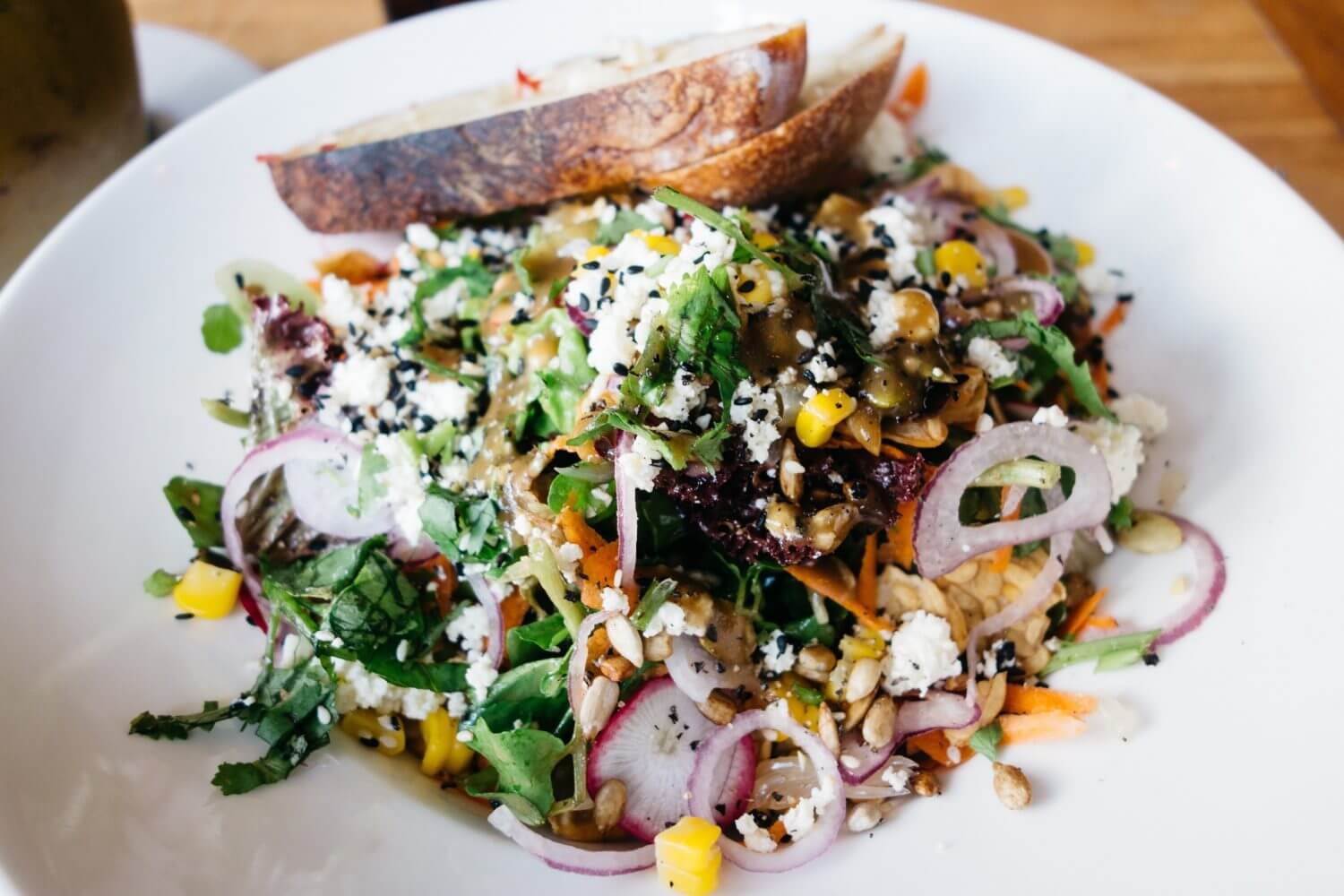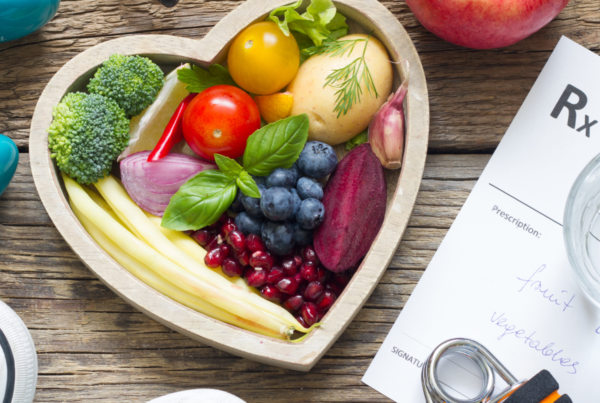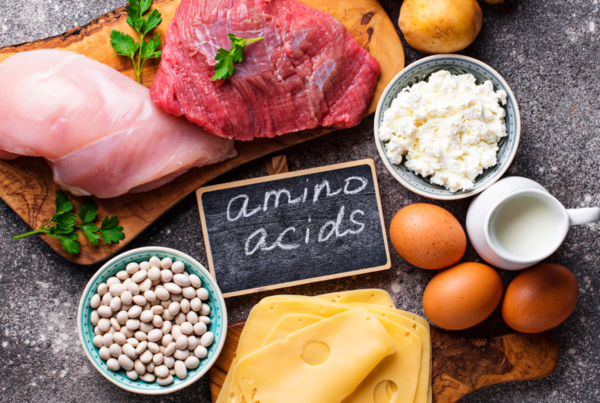EATING BEHAVIORS AND THE BRAIN PART 15
In our recent posts, we have emphasized what happens to our body when we’re exposed to these unnatural foods that trigger our reward system. Now comes the even more challenging news: these foods are everywhere.
These hyper-palatable, highly rewarding foods are the most readily available to all of us. They’re the least expensive and most convenient. There are many communities where they’re the only foods available. These communities are becoming generationally sick because they have no access to the foods that could make them well. This is a real problem.
>
“You have to change what you eat, so you can change your brain in order for it to work for you.”
Our public policymakers should be addressing it, but unfortunately, it’s not happening, and it doesn’t appear to be happening any time soon. The thought leaders that I follow and respect that study this issue from a public policy standpoint suggest that it is going to be up to us to help ourselves. Perhaps our policymakers will eventually see this issue for what it is, and we will begin to get reasonable policies that allow all of us access to the foods that give us health. But for now, we have to do this ourselves.
The food industry has given way too much money to our politicians to untangle this right now. Eventually, it may happen, but not any time soon. The advertisements are everywhere: on television, radio, social media, and billboards. They show the foods that trigger our reward system and advertise them in very seductive ways. They show them to our children with cartoon characters and toys and to adults with highly suggestive images.
We have to know what we’re dealing with. We have to know what we’re about, and we’re about health. Right now, the top 6 sources of calories in the United States are:
-
Grain-based desserts, such as cakes, cookies, donuts, pies, cobblers, and granola bars. Many energy bars fall into this category.
-
Yeast-based breads.
-
Chicken, and chicken mix dishes, such as chicken fingers, chicken nuggets, and all the other ways in which we eat chicken.
-
Soda, energy drinks, and sports drinks, such as Gatorade and Powerade.
-
Pizza. It’s a category of its own.
-
Alcoholic beverages.
Also, consider this: fast food now makes up 11% of the average American’s energy intake. We now drink 350% more soft drinks than we did 50 years ago. Soybean oil, which is largely used in highly processed foods, accounts for 8% of all calories that Americans consume. These types of oils directly create inflammation and disease in the body.
This all makes perfect sense. If you sell food, you want people to eat your food. How can you do that?
-
Engineer the food to be extra rewarding, and hard to stop eating.
-
Make it cheap and convenient.
-
Influence public policymakers to allow your foods to be present in the school cafeterias of our education system.
-
Pay off the health organizations that should be telling the truth about these foods.
Then, if you’re good at marketing, you create all kinds of new opportunities for people to eat. You get them to eat while they watch a movie, or you get them to eat at snack time, both before and after school. You get them to eat in front of the TV, and at sporting events, before and after workouts, and late at night.
Essentially, food cues are everywhere, so we have to be aware, highly awake, and tuned in. We have to choose the foods that naturally satisfy us so we’ll no longer be susceptible to those that make us sick. You have to exercise that choice. If you’re exposed to the foods that directly trigger your reward system, you’ll have no choice. But if you begin to surround yourself with whole foods, and nutritious foods, you will gain control of your eating behavior.
So what’s the answer to this then? You have to change what you eat, so you can change your brain in order for it to work for you. You’re not able to control your genetics, or your past history of eating behaviors, or the physiological adaptations that have taken place. But you can begin to control your future behaviors, and your behavior right now.
>
“Essentially, food cues are everywhere, so we have to be aware, highly awake, and tuned in.”
Here are three simple, but challenging, steps you can take right now to get control of your natural appetite regulation system and begin to make your own healthy choices.
Step one is to eat more whole, fresh, minimally processed foods. These include things such as:
-
Lean meats; poultry; fish; eggs; dairy from healthy, grass-fed, pasture-raised cows; and plant sources that can give you lean protein.
-
Fresh, organic fruits and vegetables, ideally colorful ones full of nutrients. It’s important that they be organic and grown in healthy soil so you get nutrients and fiber.
-
Slow-digesting, high-fiber, natural starches such as non-GMO, properly prepared whole grains; organic tubers such as potatoes, sweet potatoes, and yams; and properly prepared non-GMO legumes such as beans and lentils.
-
Organic nuts, seeds, avocados, coconut, fatty fish, and seafood
The second step is to be mindful about your eating, as we’ve often discussed. No matter what you eat, slowing down will help your brain and your gastrointestinal tract coordinate their activities and create proper signaling. You’ll feel more in control of choosing what and how to eat if you slow down. You’ll also allow proper satiation signals to get through, so you’ll feel satisfied with less food.
Step three: eliminate the processed, hyper-palatable foods that are making you sick. Now, this is challenging. After all, we’ve just spent a lot of time talking about how appealing these foods are. But this must be done if you want to experience your best health and if you want control of your eating behavior.
Now, tending to steps one and two is going to make step three much easier. If you get a lot of the good stuff, and you stay mindful while you’re eating it, you’re really not going to have the desire, or the capacity, to eat the other stuff. It really makes a difference.
>
“No matter what you eat, slowing down will help your brain and your gastrointestinal tract coordinate their activities and create proper signaling.”
If you do these three steps consistently, four things are going to happen:
One, you’re going to notice that you have fewer cravings for the highly processed foods, and you’ll feel like you’re in charge of your food decisions.
Two, you’ll be more satisfied with the food you eat, and you’ll feel fuller longer. You’ll also perhaps influence the resetting of the leptin loop we’ve discussed, although everybody differs with this.
Three, you’ll probably lose body fat if doing so is something your body needs. It may not happen, but there’s a good chance it will, and you won’t have to have followed a low-calorie diet to do so.
Four, you’ll probably find that you feel better, move better, think better, and have fewer aches and pains or gastrointestinal symptoms.
Nutrition is complex. Our underlying physiology plays a major role, but so does psychology, relationships, our larger society and culture, lifestyles, and our individual knowledge and beliefs about food and eating. What this means is that you’re not controlled by the physiology alone, although it has a strong influence.
You can use other activities and choices to help your body do its job well:
-
Eat the foods that naturally control appetite and weight.
-
Spend more time with people who honor the need for nutritious foods.
-
Shop at the marketplaces that sell these foods and do not provide the other foods that make you sick.
-
Eliminate the foods that make you sick from your cupboards and your refrigerator, making it harder to get to them.
-
Find activities that reduce hunger and help you to feel better.
Trust me. When you begin to eat healthy foods and enjoy them in the company of those you love, your mind and your body will thank you for it. It’s the fix to everything in regards to your eating behavior and your energy balance.
There is an uncomplicated and understandable truth about eating and health. I want to make it easy for you. Join me and like me on Facebook.



